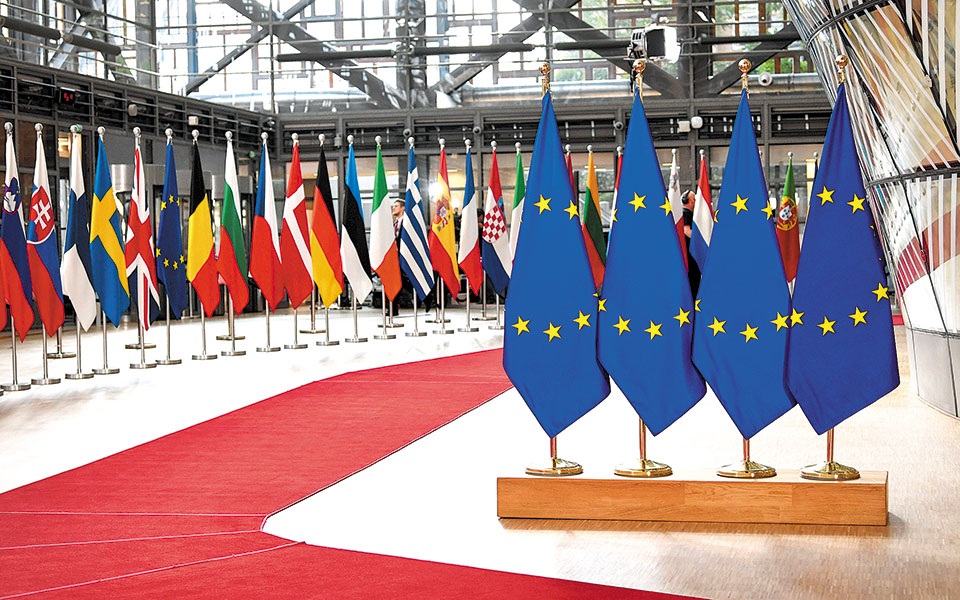Poland, Hungary threaten EU budget over rule-of-law issue

The governments of Poland and Hungary threatened Monday to veto the European Union's next seven-year budget and coronavirus recovery plan due to a new mechanism that would link funding to the rule of law.
The 27-nation bloc's 1.8 trillion euro ($2.1 trillion) budget for 2021-2027 was agreed upon last week after months of tough negotiations, and is meant to take effect within weeks.
It has sparked stiff resistance in Warsaw and Budapest, where right-wing governments are adamantly opposed to a tool that could cause them to lose EU money if they continue with policies seen as eroding democratic standards.
Hungarian Prime Minister Viktor Orban's press chief Bertalan Havasi said Monday that Orban had written a letter to German Chancellor Angela Merkel, European Commission President Ursula von der Leyen and European Council President Charles Michel saying he would veto the budget and post-pandemic relief package.
"There's no agreement on anything until there's an agreement on everything," Orban wrote.
In Warsaw, Polish Justice Minister Zbigniew Ziobro declared at a news conference Monday that "There will be no consent to this mechanism" and that such a mechanism would "radically limit Poland's sovereignty."
EU officials insisted on the new mechanism linking rule of law to funding in order to have a tool to use against the governments of Prime Minister Mateusz Morawiecki of Poland and Prime Minister Viktor Orban of Hungary, both of which stand accused by the EU of eroding judicial independence and media freedoms.
In addition, Orban's government faces criticism for stigmatizing non-governmental organizations promoting civil liberties and for allegedly misusing EU funds to enrich his political allies.
Some political observers think the threats amount to bluffing since by vetoing the entire budget, they would in effect cut off badly needed funds to their own countries, former communist states in Central Europe that receive more money from the EU pot than they pay into it.
The funding will be especially critical as Europe struggles to emerge from the economic downturn caused by the coronavirus pandemic.
The deal, clinched between European Council negotiators representing the EU's 27 member countries and the European Parliament, must still officially be endorsed by the bloc's ministers and the full EU legislature. The budget is meant to take effect on Jan. 1, and officials are desperate to have the agreement rubber stamped within weeks.
In announcing the end to negotiations last week, Germany's EU envoy, Michael Clauss, said he hoped all member countries understood the need to move quickly to endorse the package, which includes a 750-billion-euro ($887-billion) emergency coronavirus recovery fund.
Germany currently holds the EU's rotating presidency.
Ziobro, the Polish justice minister, depicted the rule of law mechanism as an attempt by the German presidency to control Poland — an allegation that that appeared targeted to older Poles who remember Germany's World War II occupation of Poland.
"It's not about rule of law, which is only a pretext, a beautiful word that goes nicely in the ear, but it is really about institutional, political enslavement, (and) a radical limitation of sovereignty," Ziobro said.
In a weekly radio interview on Friday, Orban said that rule of law conditions resembled "ideological blackmail" practiced by the Soviet Union.
"If they really pass this (rule of law) regulation, then we will have created a Soviet Union out of the European Union," he said.
[AP]





